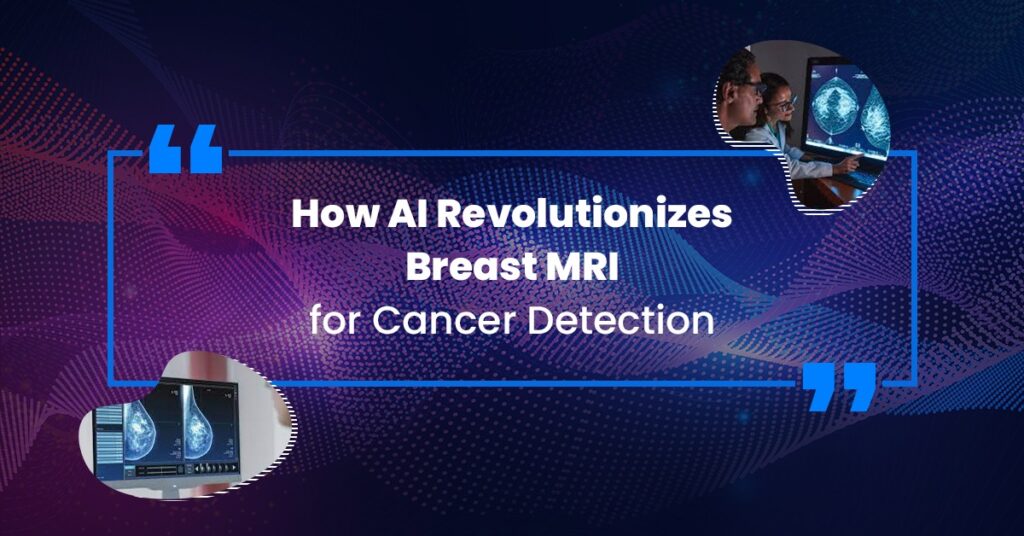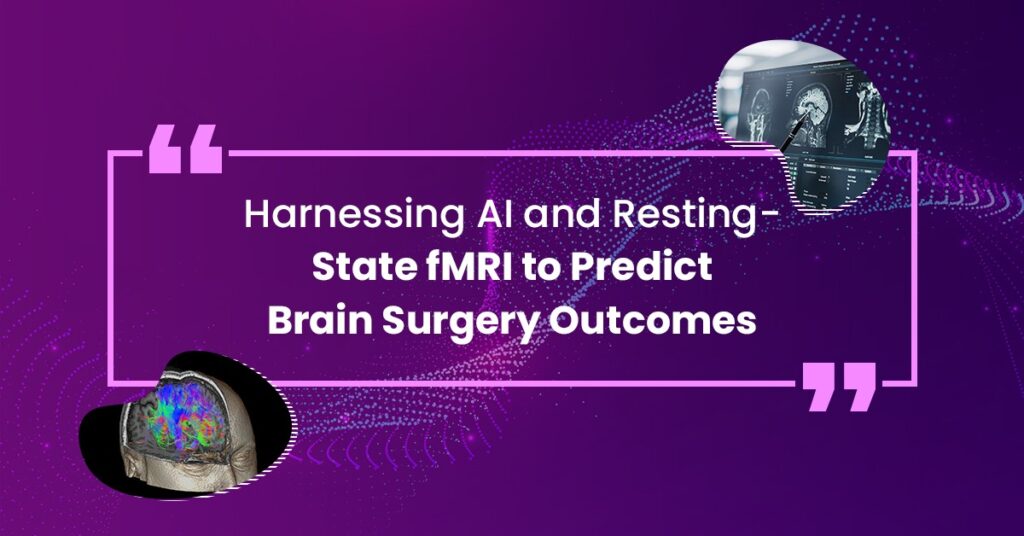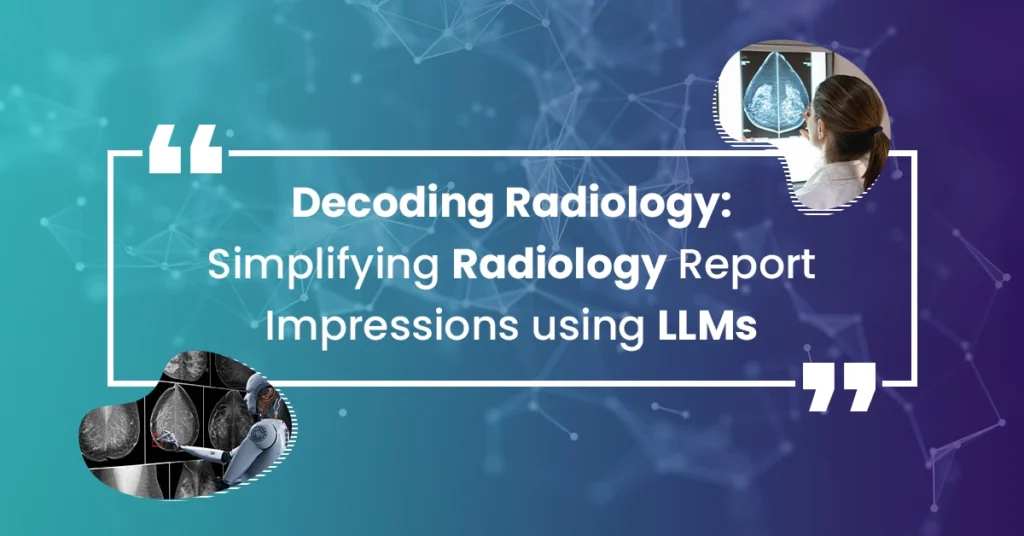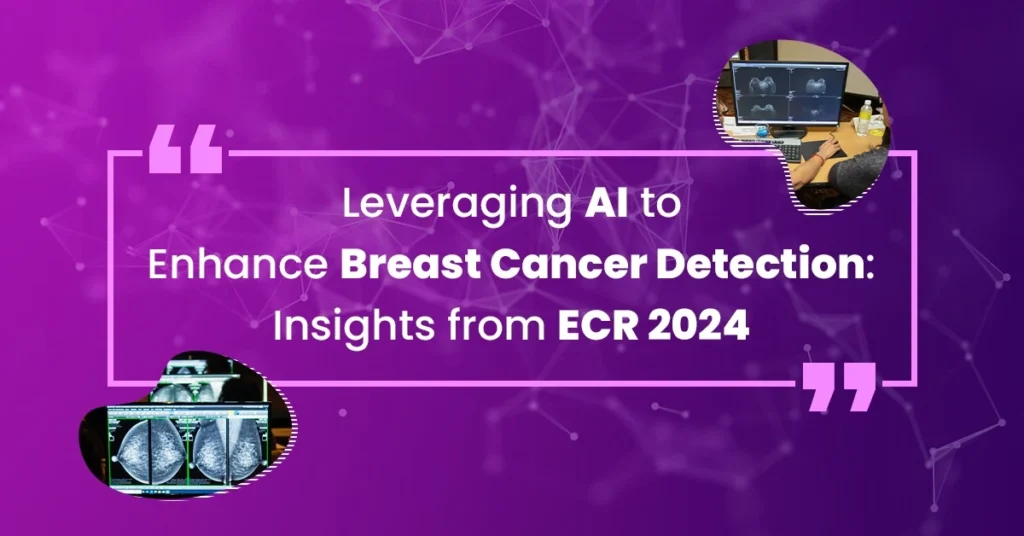How AI Revolutionizes Breast MRI for Cancer Detection

Breast cancer remains one of the most prevalent cancers affecting women worldwide. Early detection is crucial for successful treatment and better outcomes. Traditional screening methods like mammography have limitations, often missing early-stage cancers, particularly in women with dense breast tissue. However, the integration of Artificial Intelligence (AI) into breast Magnetic Resonance Imaging (MRI) is revolutionizing…
Harnessing AI and Resting-State fMRI to Predict Brain Surgery Outcomes

Introduction Artificial Intelligence (AI) is making significant strides in healthcare, particularly in predicting outcomes for brain surgery in patients with high-grade gliomas. A recent study led by Patrick Luckett, PhD, at Washington University School of Medicine in St. Louis, MO, has demonstrated how combining machine-learning algorithms with resting-state functional MRI (fMRI) can provide highly accurate…
Decoding Radiology: Simplifying Radiology Report Impressions using LLMs

According to a recent study published in Radiology on March 26, Large Language Models (LLMs) have shown promising results in simplifying radiology report impressions, thus making them more comprehensible for patients. The research, conducted by a team from Yale University led by Rushabh Doshi, involved analyzing 750 radiology reports. The team tested four different LLMs,…
Leveraging AI to Enhance Breast Cancer Detection: Insights from ECR 2024

In a groundbreaking presentation at the European Congress of Radiology (ECR) 2024, Dr. Mehran Arab Ahmadi of Tehran University of Medical Sciences in Iran unveiled a landmark study showcasing the transformative potential of artificial intelligence (AI) algorithms in enhancing breast cancer detection metrics among junior radiologists. The implications of this research are profound, offering a…


